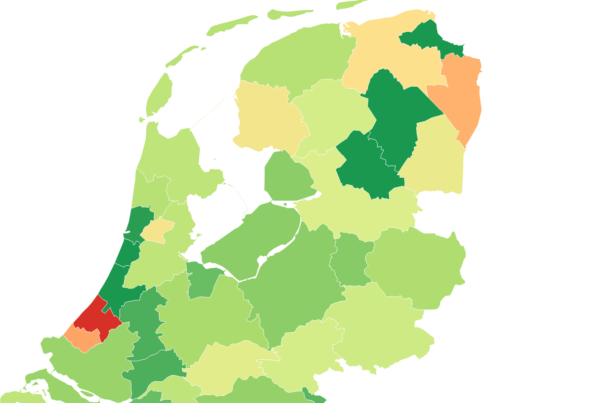- Walmart is planning on moving to a new campus in northwest Arkansas in the next few years.
- The move might remind some of Amazon’s much-touted search for a second headquarters, which it called HQ2.
- But Walmart’s plan showcases a major difference between the two retailers.
- Visit Business Insider’s homepage for more stories.
Walmart is gearing up to move into a snazzy new Bentonville, Arkansas, headquarters, but don’t think for a second that this move is anything like Amazon’s HQ2 search.
Walmart’s new home will span 300 acres in northwest Arkansas. Almost all of Walmart’s Arkansas-based corporate employees will begin to work in this new Stanford-inspired campus when it’s finally ready around 2024.
But while Walmart is certainly upgrading and expanding, it’s taking a far more low-key approach than its online rival. In fact, this plan serves to throw the differences between Walmart and Amazon into stark contrast.
Amazon’s search for a second headquarters was hyper-publicized from the time it was first announced in September 2017 until it was completed last year, unrolling like a particularly lengthy season of a reality competition show. Politicians from across the continent groveled in the press, raving about tax deals and perks such as aquarium memberships they were rolling out in order to entice the online retail giant.
But the spotlight proved to have a corrosive effect. Amazon's decision to split the HQ2 in northern Virginia and New York City, was deflating for some, as was the selection of two already wealthy locales. Many observers had said that Amazon could boost its reputation by selecting a location in need of jobs.
And then, of course, there was the highly politicized implosion of Amazon's proposed Long Island City headquarters in Queens, New York, which ultimately resulted in the online retailer's decision to pull the plug on its New York excursion.
Rather than scan the country, Walmart stuck with its roots and remained in its birthplace of Arkansas. Its move was less about signaling growth and more about corralling the company's increasingly sprawling corporate presence.
Amazon's national challenge pushed the envelope, drew intense attention, and cemented the company's status as a powerful disruptor in the worlds of finance and politics. Walmart, on the other hand, made a comparatively quiet and uncontroversial move, highlighting how different these two companies are.











